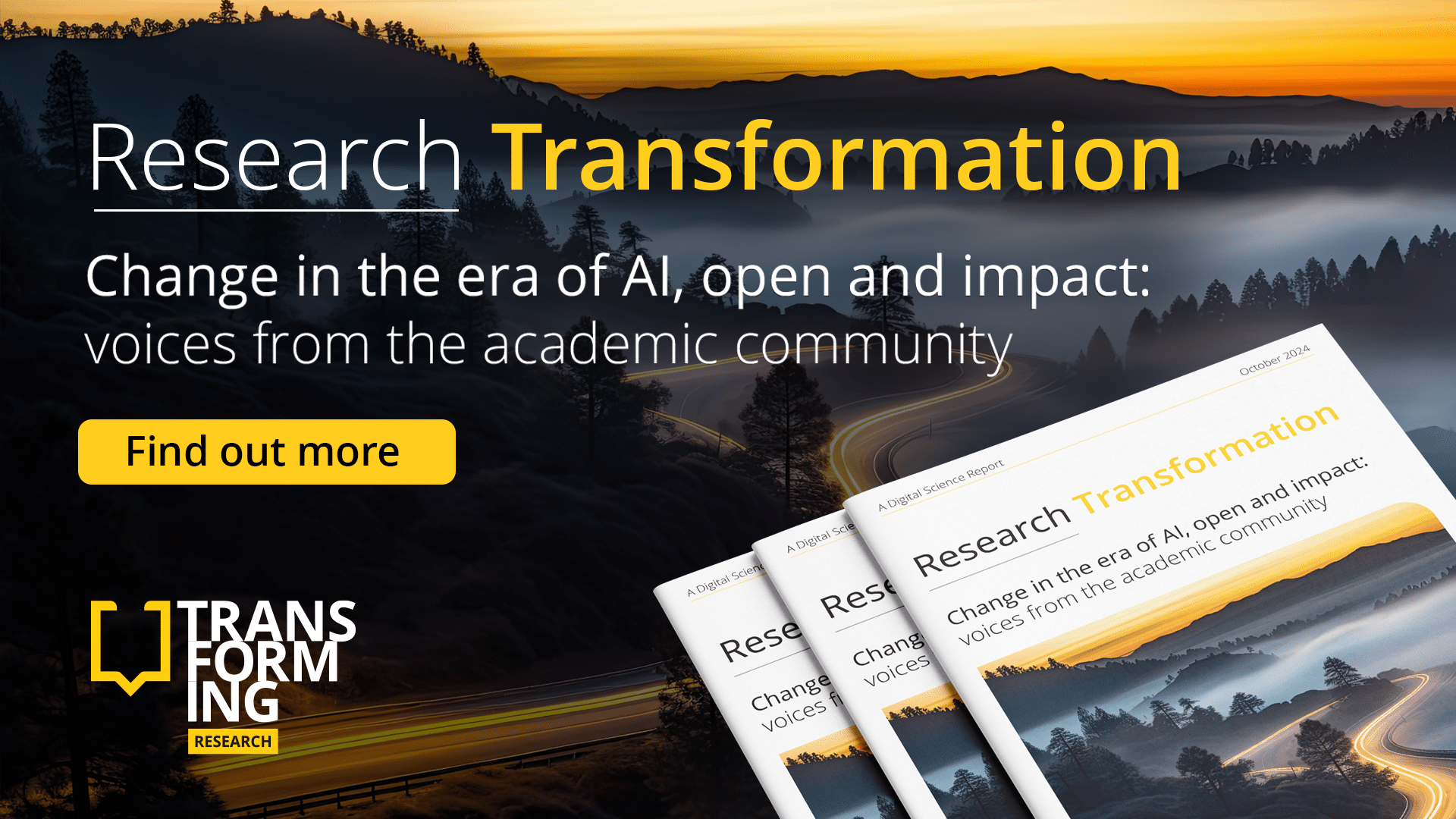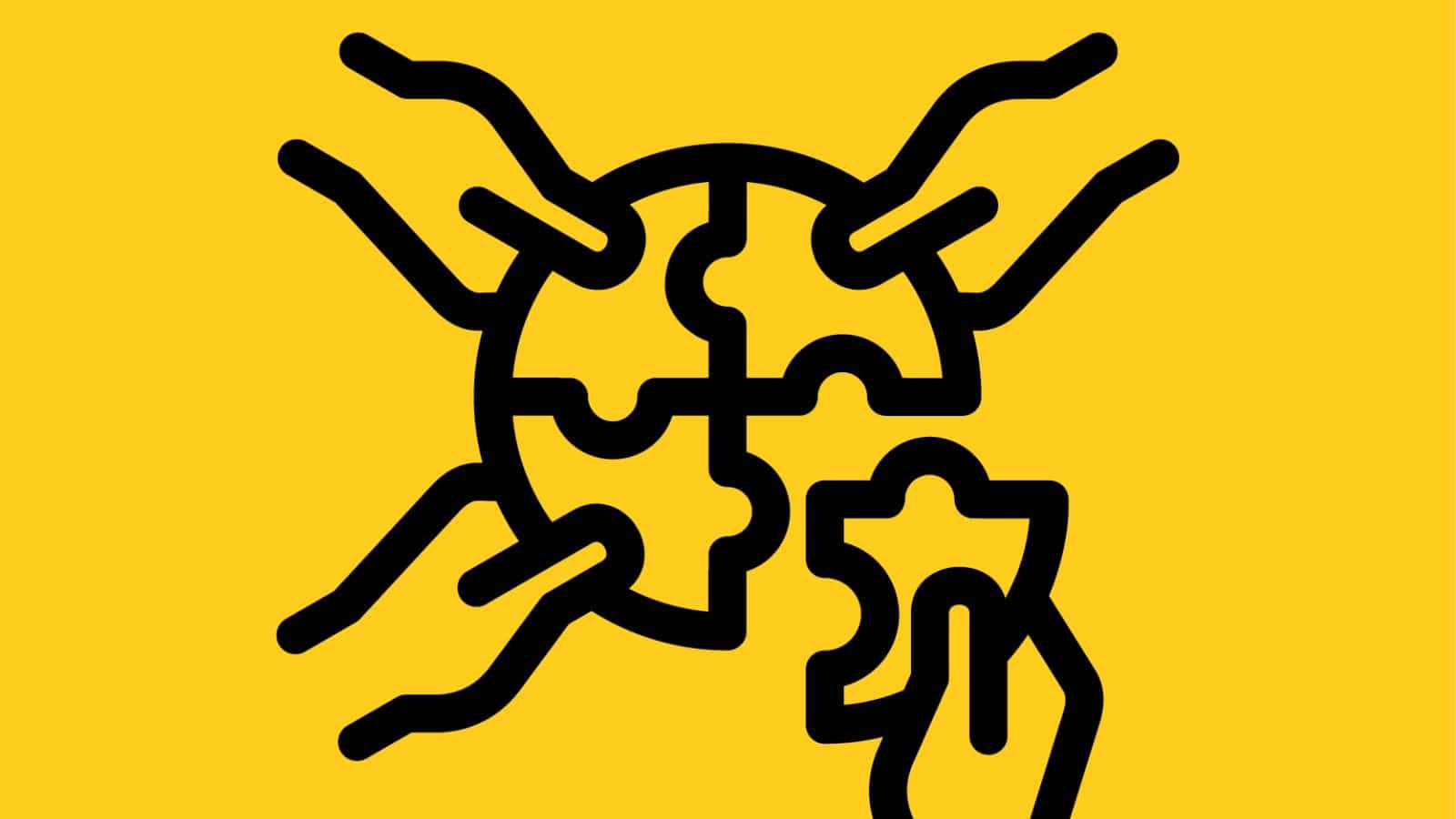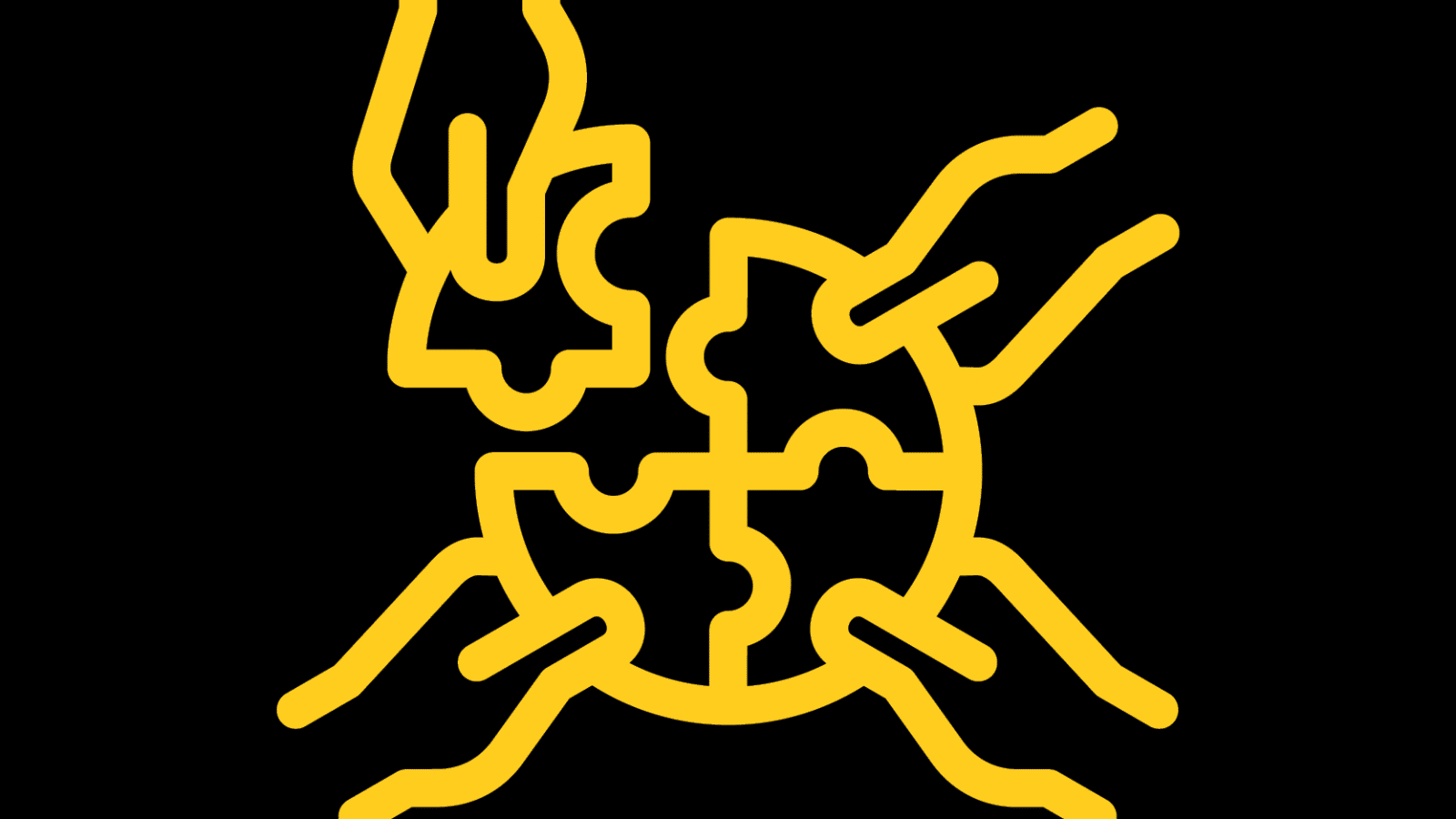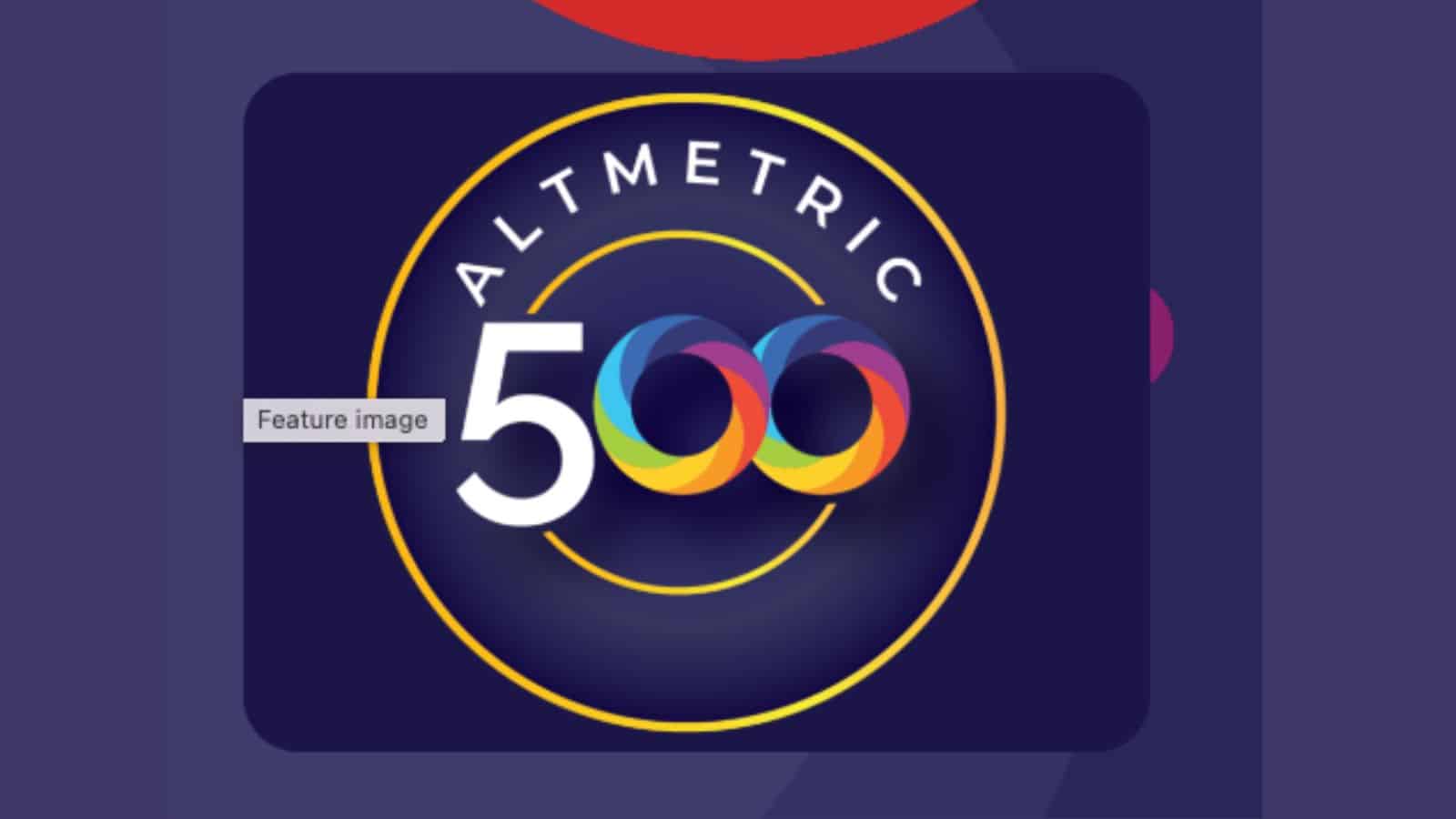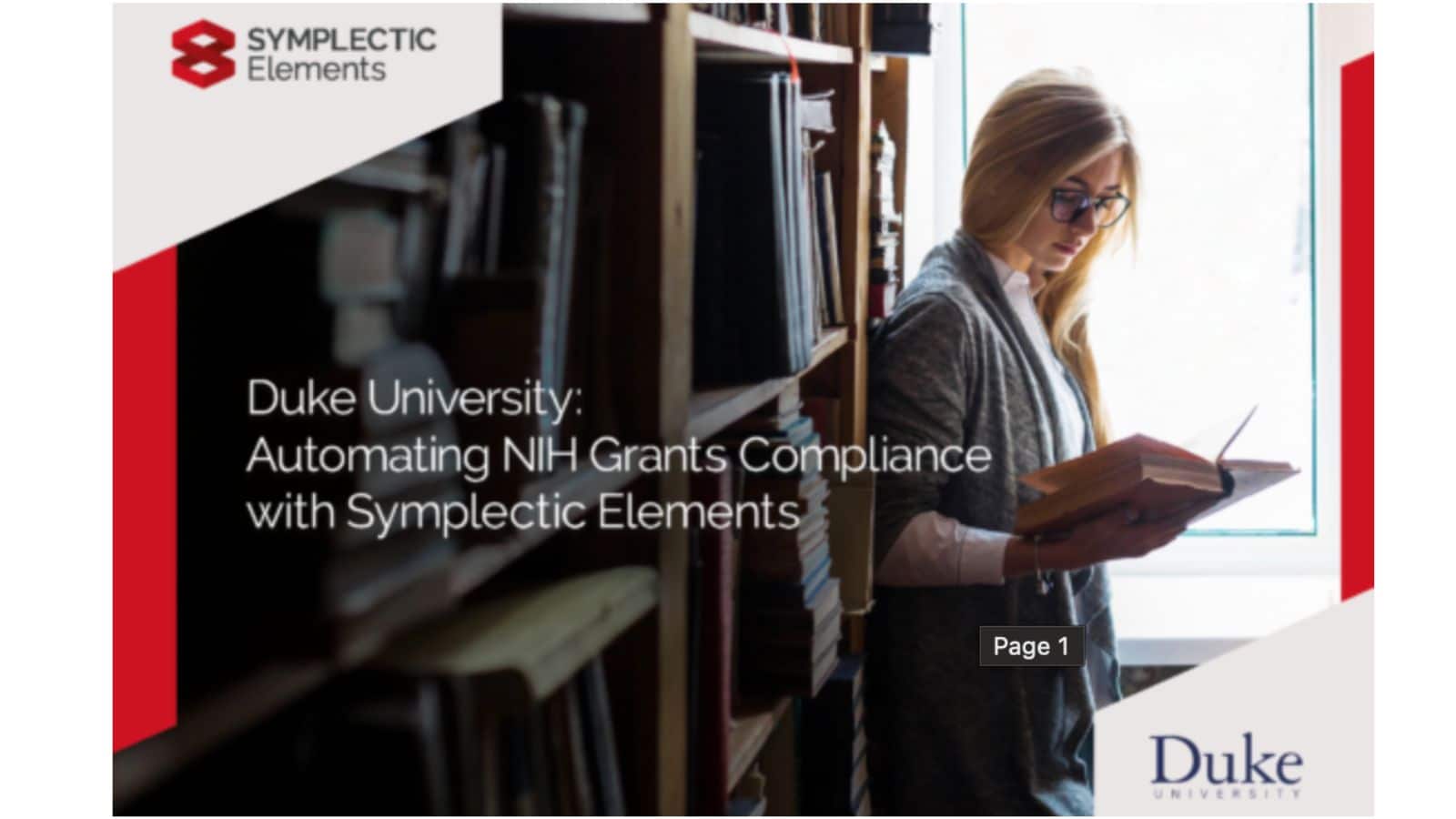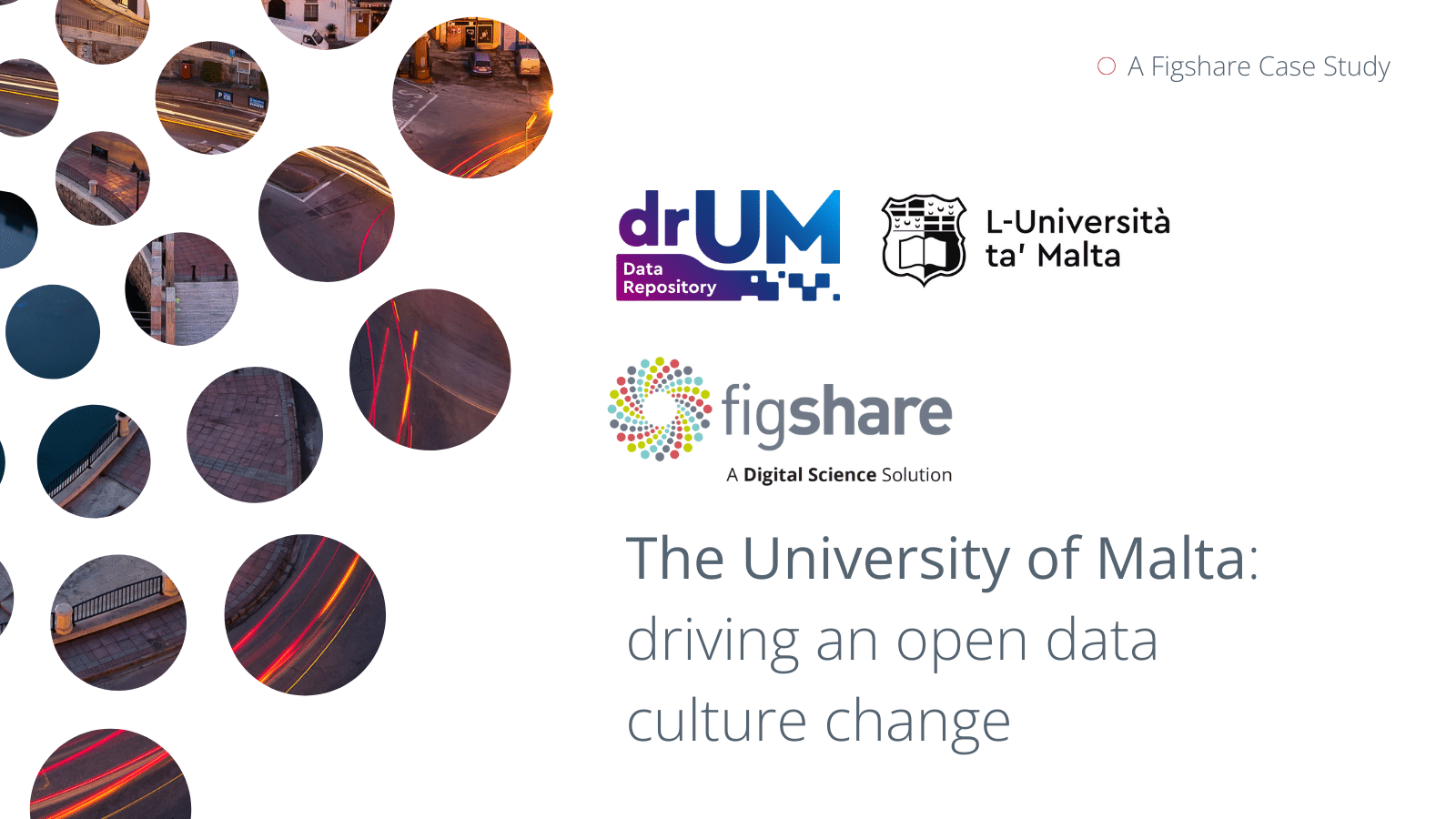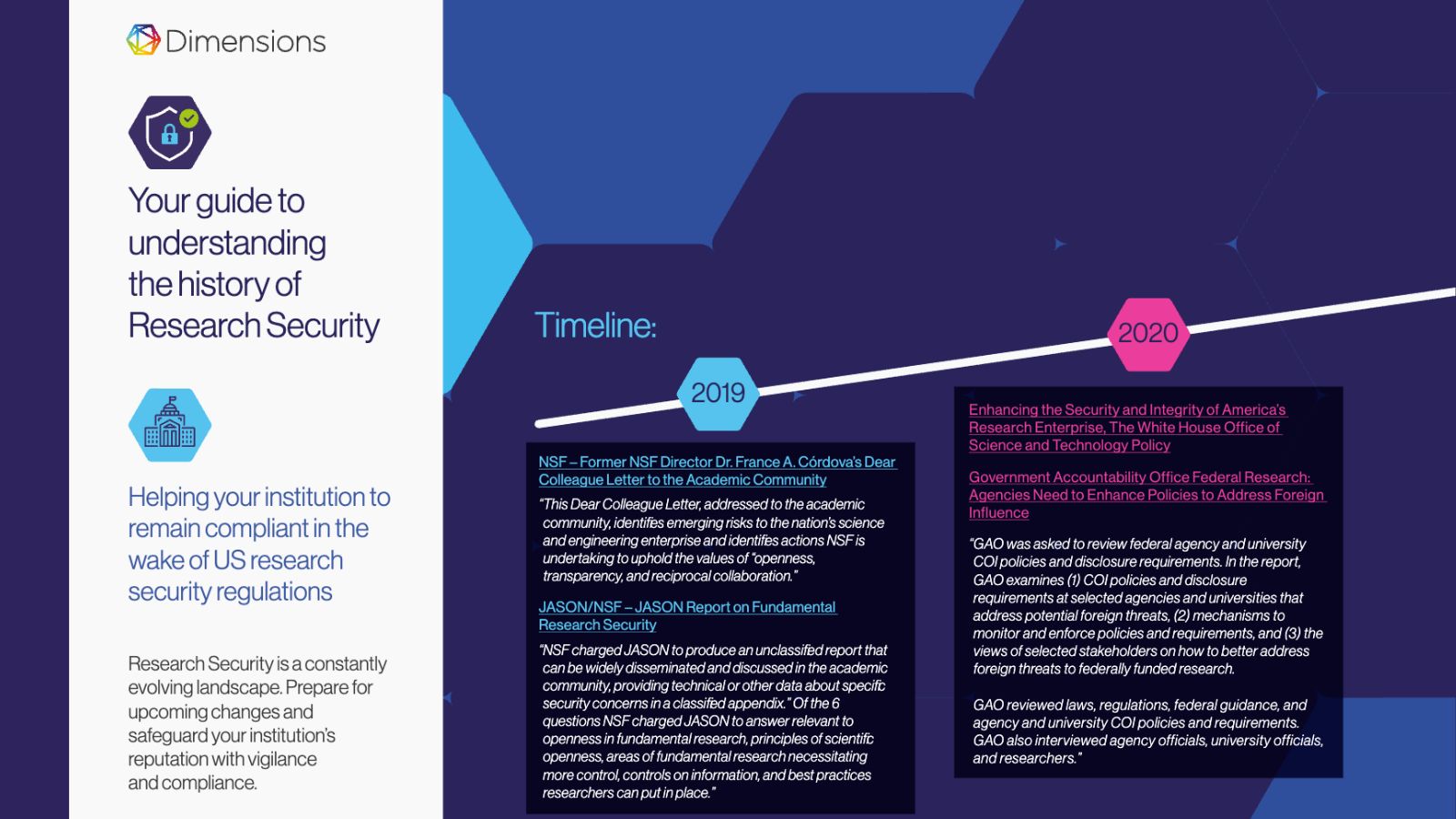Academia is at a pivotal juncture
It has often been criticized as slow to change, but external pressures from an increasingly complex world are forcing rapid change in the sector.
We need answers to pressing issues and there is a growing expectation for research to deliver. But increasing demands, tightening budgets, and lack of infrastructure can stand in the way of progress. We need solutions and many are turning to emerging technologies for support.
On this page
Fill out this form to download the Research Transformation report
Your experiences, as told to us
To understand more about how the research world is transforming, what’s influencing change, and how roles are impacted, we reached out to the research community through a global survey and in-depth interviews.
In order to build tools that really speak to users’ needs, as well as talking often, it is important to understand where the space has come from and where it is moving too. We were delighted to hear how aligned our focusses were. I’m particularly excited to see where we can improve on all fronts with the inevitability and all of the benefits of open research.
Mark Hahnel | VP Open Research| Digital Science
Report key findings

1. Open research is transforming research, but barriers remain
- Open research cited as most positive change in last five years
- Open research top change the community would like to see in the next five years
- Challenges in open research include lack of awareness, funding, support, resources and infrastructure
- Concerns around data security, research quality and competitiveness

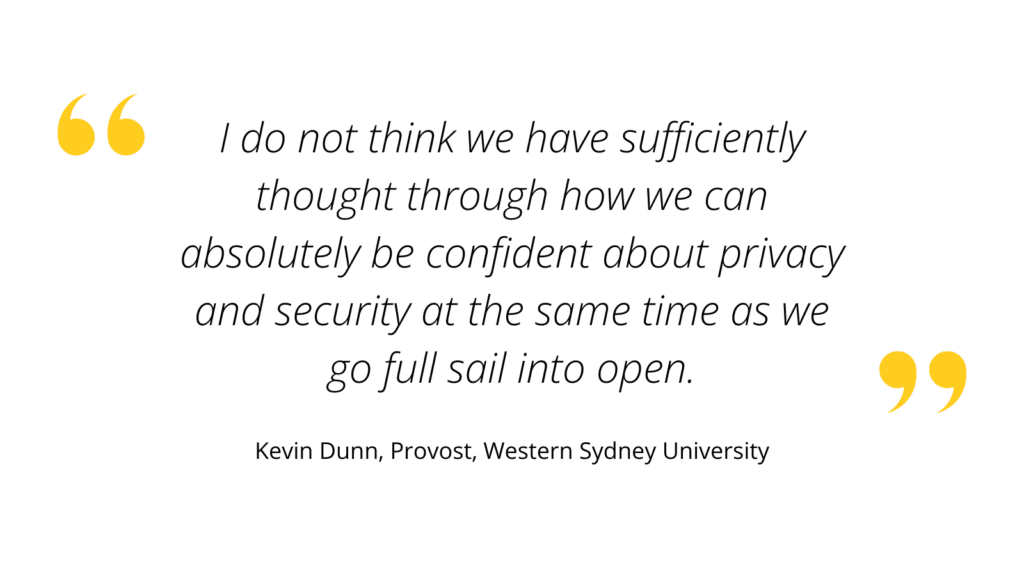

2. Research metrics are evolving to emphasize holistic impact and inclusivity
- Frustration with traditional metrics, but they still hold weight
- Call for a more holistic evaluation of research impact and quality
- A limited shift to more responsible use of traditional metrics and introduction of alternative metrics
- Institutes addressing academic culture issues but need greater recognition for non-traditional contributions

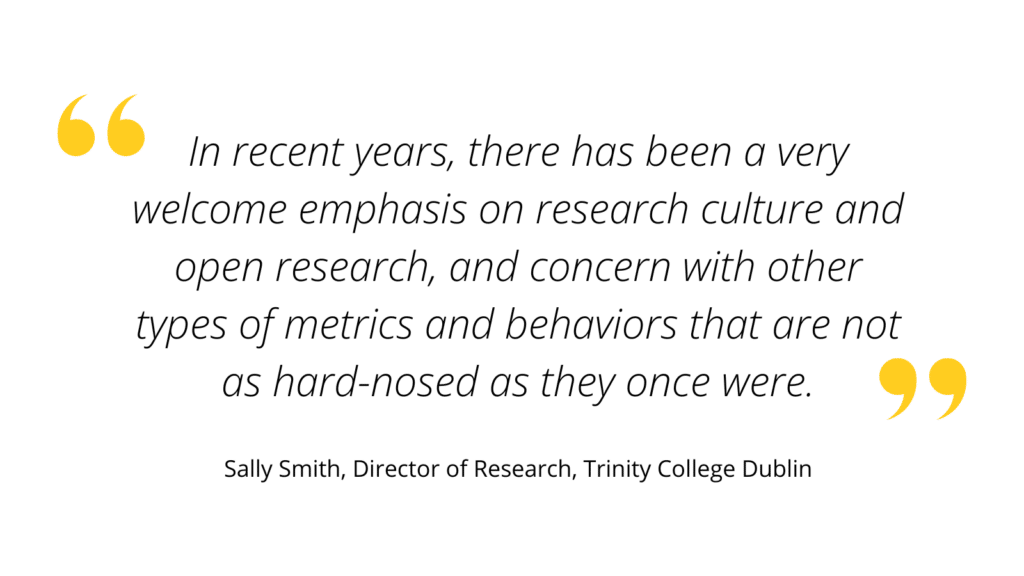
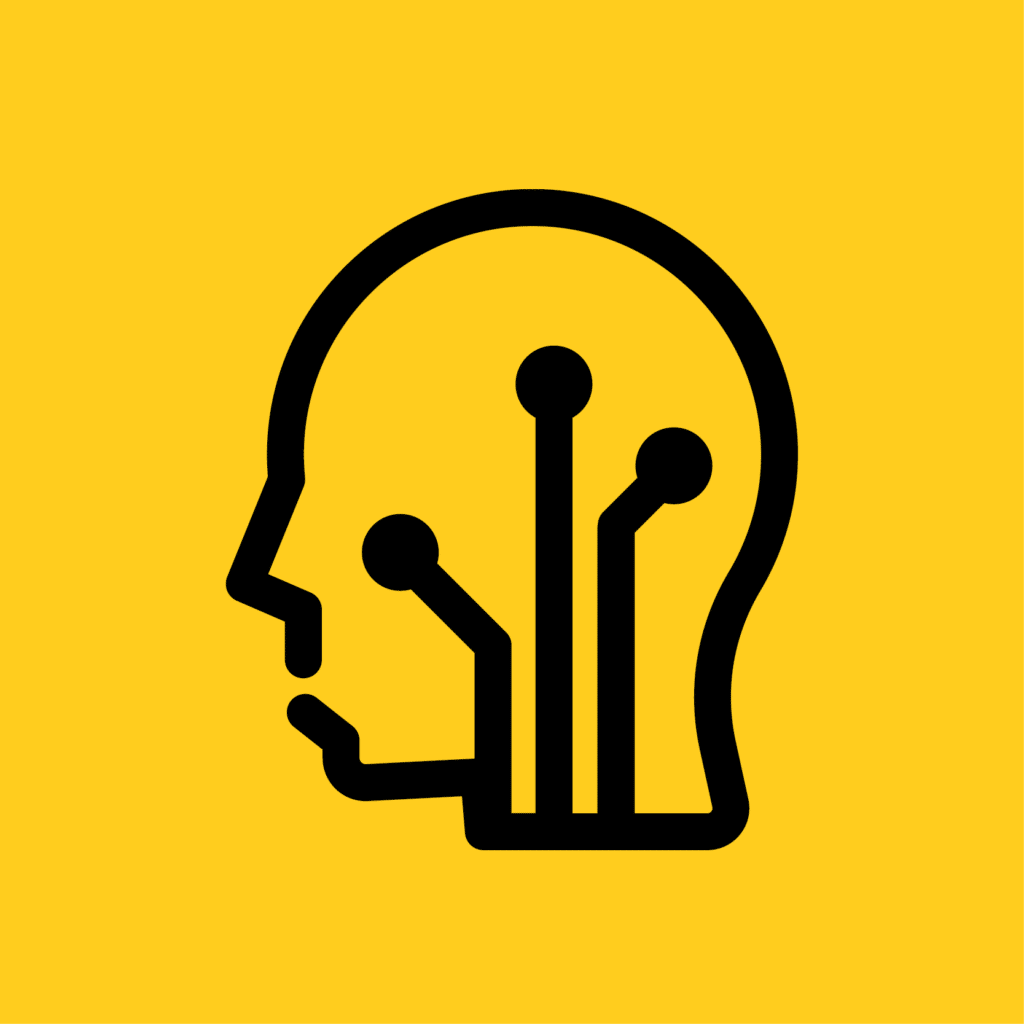
3. AI’s transformative potential is huge, but bureaucracy and skill gaps threaten progress
- Emerging technologies will continue to impact roles over the next five years
- New technology expected to drive efficiencies in data and analytics, and open research
- Call to address AI skills gap and introduce change management strategies
- Enthusiasm for AI tempered by concerns around ethics, security and integrity, as well as AI bias, hallucinations and impact on critical thinking

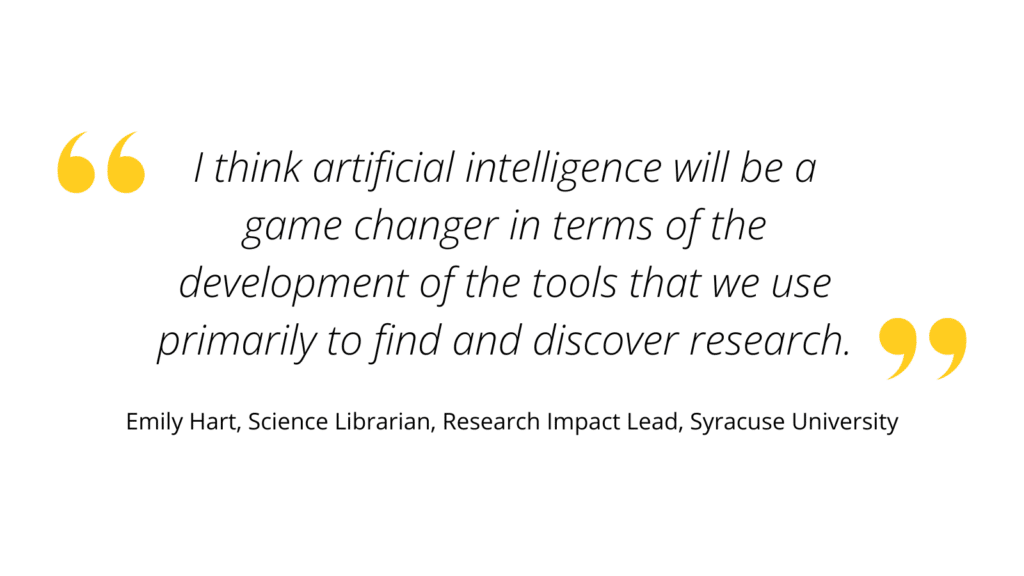

4. Collaboration is booming, but increasing concerns over funding and security
- Interconnected technology and open research support greater global connectivity
- Collaboration has multiple benefits e.g. can increase citations and enhance research quality
- Easy to find collaborators, but scarce funding to support partnership
- Increasing concerns around research security and ‘damaging’ collaborations

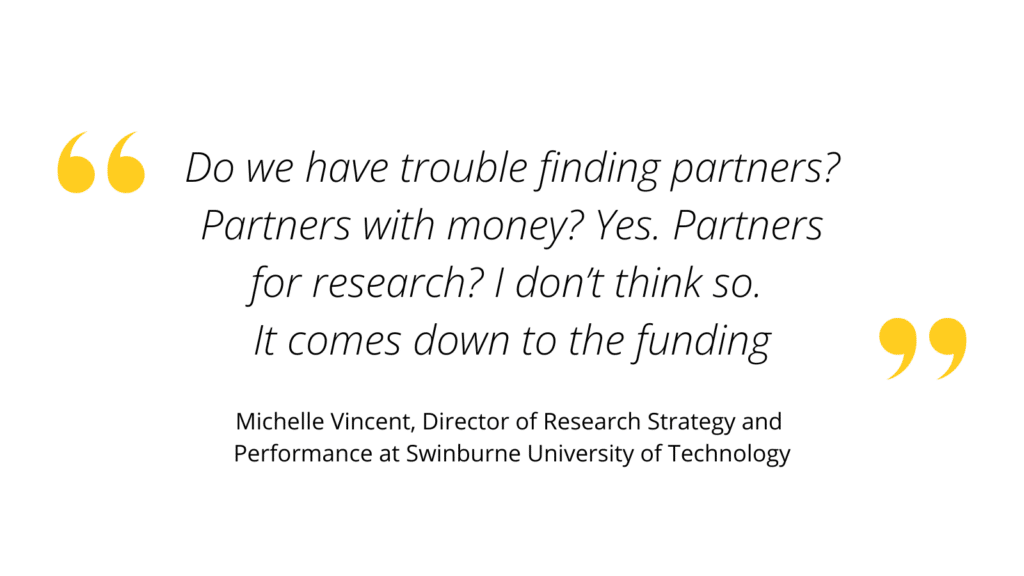
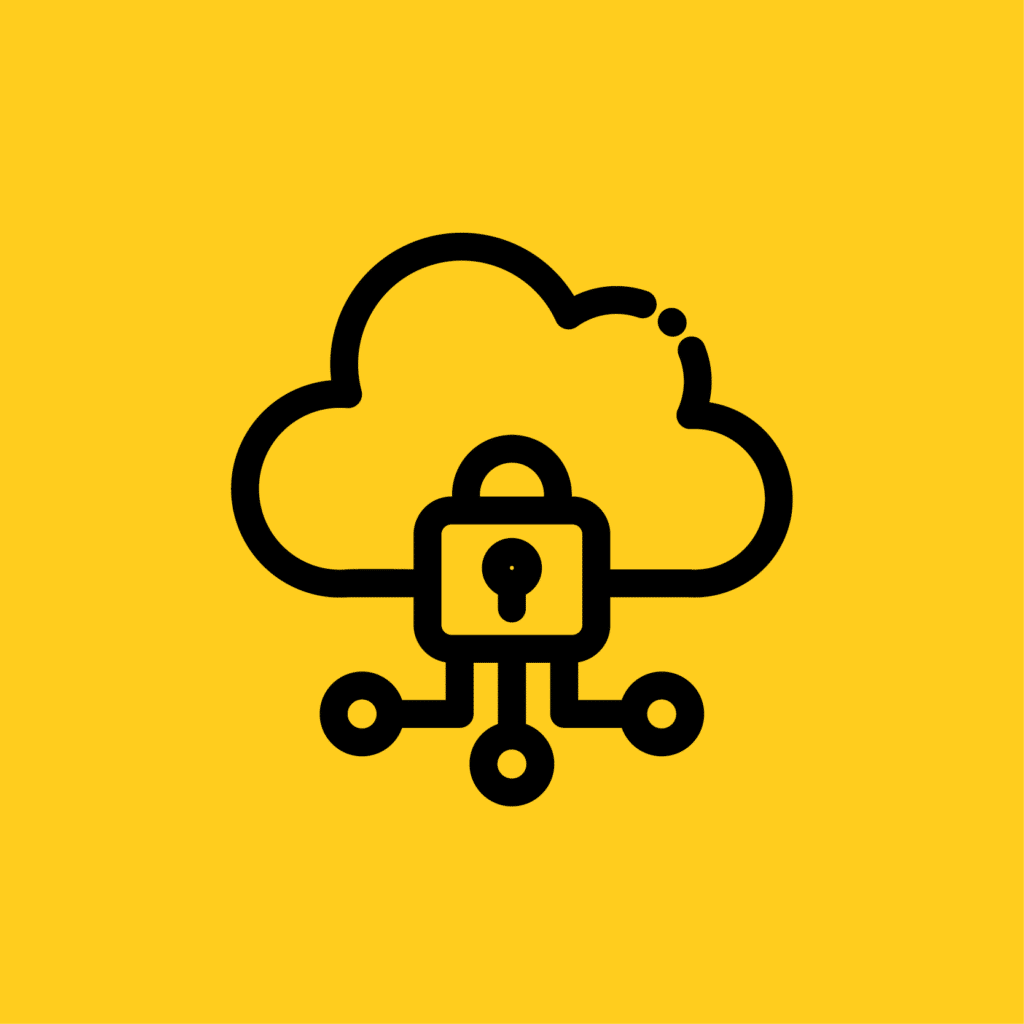
5. Security and risk management need a strategic and cultural overhaul
- Security threats putting international research collaborations at risk
- Institutions tasked to balance risk and innovation, but they aren’t equipped
- Risk management conflicts with other priorities
- Tendency to ‘wait and see’, rather than proactive management

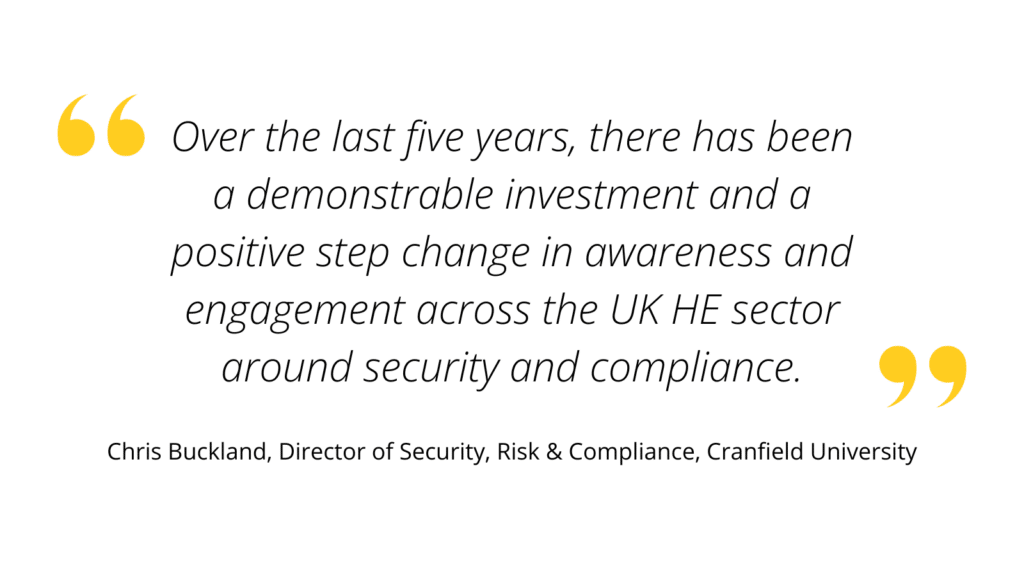
Our report speaks loudly of the technological advancements, new research practices and global problems driving change in academia. These transformations have created both opportunities and obstacles for institutions and the sector at large.
Simon Porter | VP Research Futures| Digital Science
Driving progress for all
At Digital Science, our goal is to advance global research by solving the community’s biggest challenges through innovative artificial intelligence (AI) technology. We aspire to be at the forefront of progress, supporting change in the sector, and finding new solutions to old and new problems. Our job is to make life easier for everyone in the research world – researchers, universities, funders, industry, and publishers – so that research can become open, fairer, faster, freer and more connected to drive progress for all.
Our report speaks loudly of the technological advancements, new research practices and global problems driving change in academia. These transformations have created both opportunities and obstacles for institutions and the sector at large.
Key questions for our community
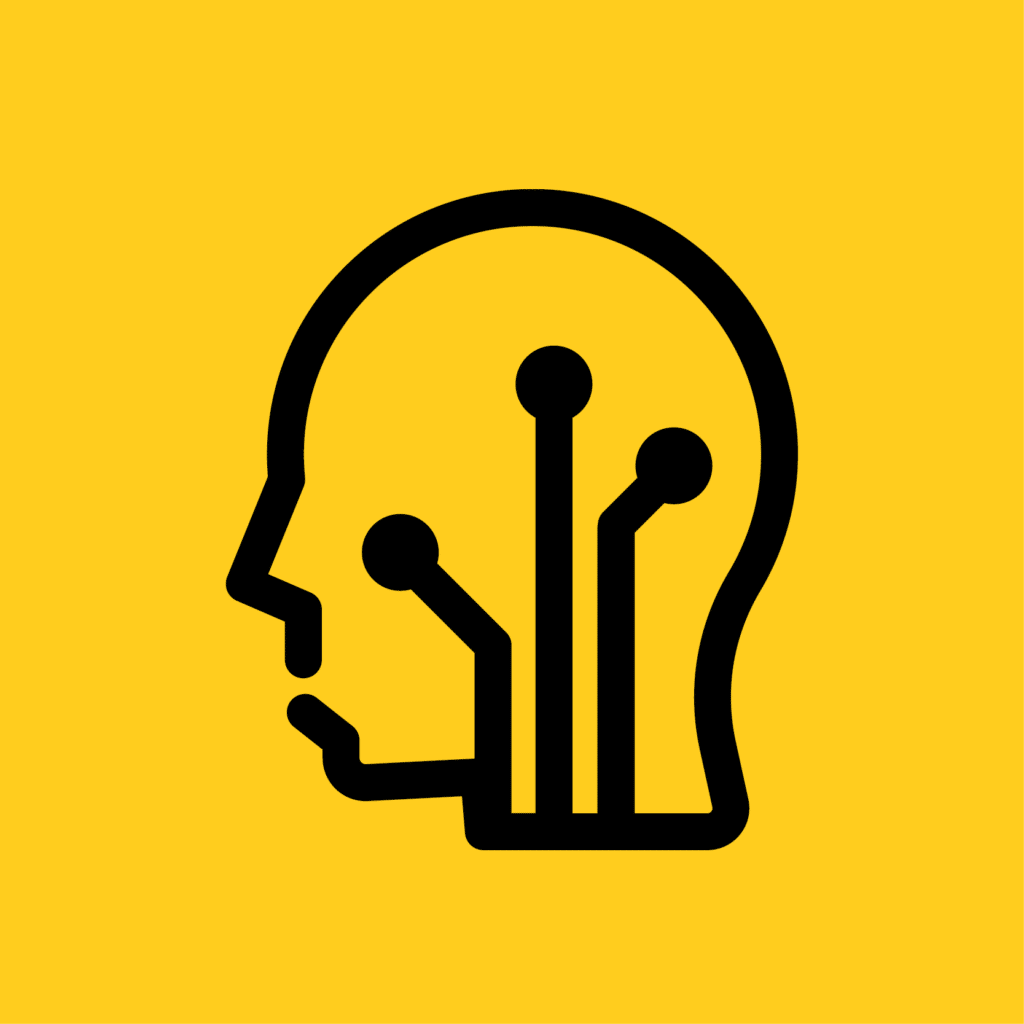
AI
- How can we share a framework where we can trust the automation AI provides throughout researcher workflows?
- How can cultural change be achieved in time for such a fast-changing phenomenon?

Open
- Is open research an inevitability?
- How do we define research security in the context of open research, where academic freedom is balanced with responsibility?

Impact
- What is ‘real impact,’ and can it be measured beyond rankings?
- With geopolitics creating an environment that reduces opportunities for collaboration, what are the implications for academia in a more siloed research world?

